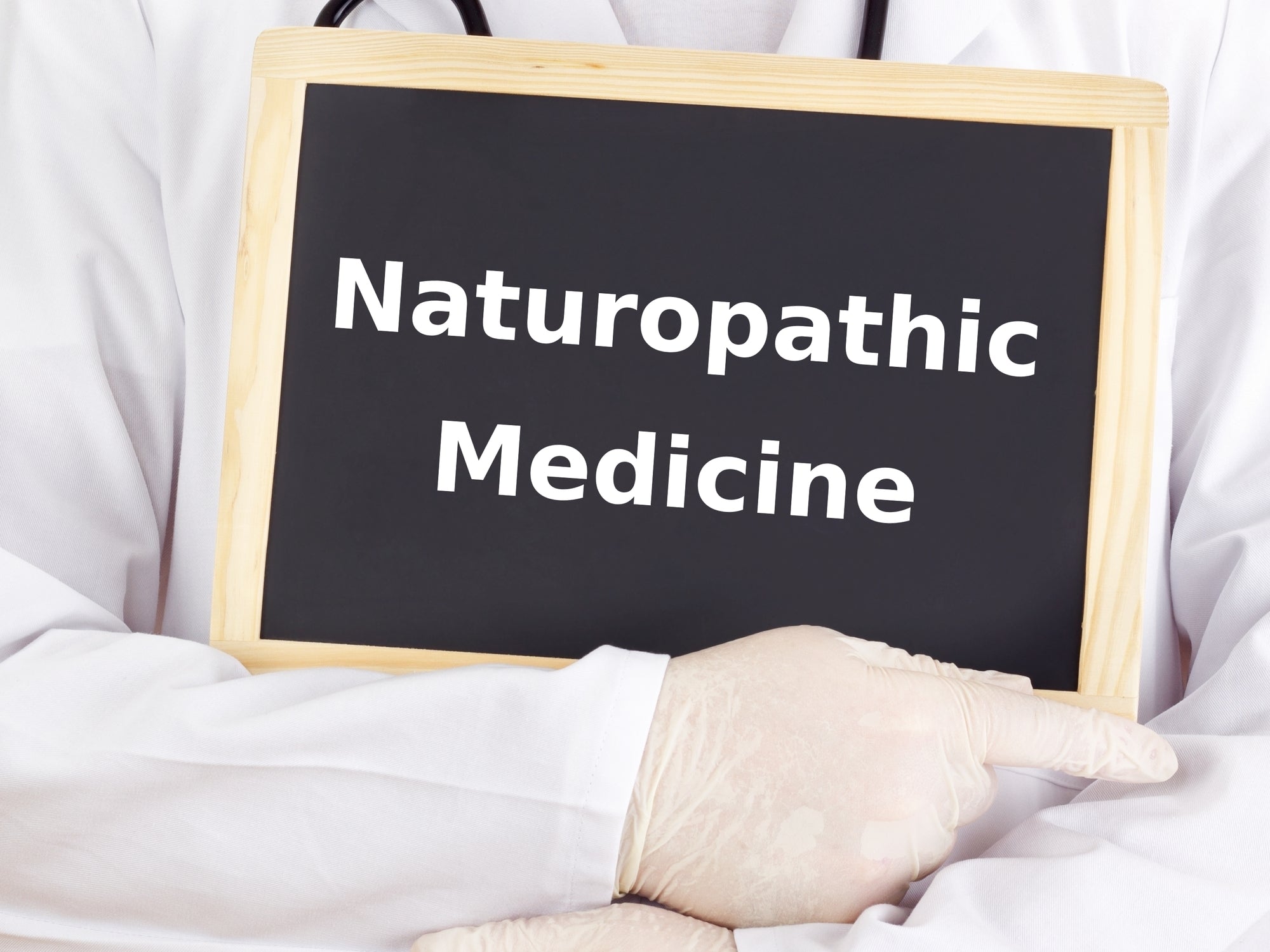Before modern medicine, naturopathy was all we had. Doctors would use mother nature to treat wounds, illnesses, and pain, and some were more successful than others. Naturopathic medicine abounds now as an alternative to synthetic drugs and medicine. According to the Association of Accredited Naturopathic Medical Colleges, naturopathic medicine “combines the wisdom of nature with the rigors of modern science.” Two of the founding principles are that nature can heal, and patients should be empowered to manage their health outcomes. Below, you’ll find out why naturopathy has stood the test of time and how to determine whether it is right for you.
What Naturopathy Is
Although naturopathy has become a bit of a buzzword in recent years, naturopathy isn’t new. Some naturopathic practices are centuries old. But the term naturopathy was created by John Scheel in 1905. Now, there are accredited colleges that naturopathic doctors attend to become licensed. Typically, they study basic medicine as well as psychology, nutrition, and herbal medicine. Plus, they must pass board exams before they practice, and many are covered by insurance. Many naturopaths work in tandem with medical doctors, so it’s good to keep everyone apprised of herbal, botanic, and pharmaceutical supplements you are taking in order to avoid any contraindications.

Naturopathy focuses on self-healing and prevention while attempting to treat the whole person, rather than just the ailment. Naturopathic doctors will conduct in-depth consultations with their patients to understand what lifestyle factors could be contributing to their poor health, which is a very different experience than the few minutes most people spend with a medical doctor during a checkup. Then, the naturopathic doctors work with them to find natural solutions to their problems. Recommended therapies often include nutrition, acupuncture, vitamins, minerals, and massage therapy. Some naturopaths will advocate for mind-body remedies like stress management, meditation, and visualization.
What Naturopathy Isn’t
Naturopathy isn’t the same thing as homeopathy, though the terminologies are sometimes used as if they were exchangeable. Homeopathy is based on a principle that “like cures like,” and while homeopathy may be a technique used by naturopathic doctors, it doesn’t encompass the entire practice of naturopathy. The idea behind like cures like is that something can be used as a cure for an ill person if the same substance produces similar symptoms in a healthy person.
Naturopathy is also distinct from holistic medicine. Holistic medicine relies on modern medicine with an underlying focus on treating the whole person, while naturopathy is its own discipline. However, there is sometimes an overlap between the two fields.
Why People Choose Naturopathic Options
Many who end up using naturopathic options are disappointed by the current limitations of traditional medical treatments, often feeling as if the symptoms were being treated but not the root cause. After having tried everything with a medical doctor with no change in their chronic condition, they seek other options to manage pain. Other people would prefer not to wait to get sick and instead to make positive health strides now. Since the prevention of illness and maintaining wellness are cornerstones of naturopathy, many people are attracted to this proactive attitude.

Vaginal dryness is often an overlooked component of women’s overall health. Whether you’ve tried addressing vaginal dryness with conventional treatments and been disappointed, or you couldn’t try the treatments in the first place due to all the risks, don’t despair. Membrasin's hormone-free, clinically studied supplement and topical cream help support vaginal moisture and comfort from the inside and the outside. Try the 2-Step Starter Pack today.





